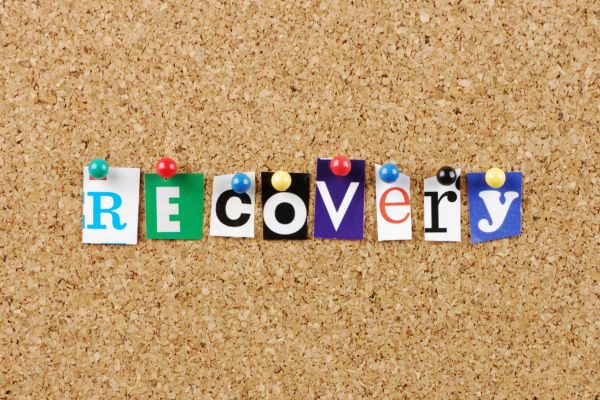Recovery is a multifaceted, personal journey involving more than symptom reduction. It’s about building a fulfilling, meaningful life, regardless of mental health challenges. At the heart of this journey lies ten fundamental components of recovery, each contributing uniquely to the process. Let’s explore these pillars, underpinned by extensive research and forming the bedrock of the recovery model.
1. Self-Direction
Recovery starts with the individual. A person’s unique needs, strengths, preferences, and goals guide the process. People in recovery assert control over their own lives, making informed decisions and shaping their path toward wellness.
Tips: Try setting personal goals, like practicing self-care for 10 minutes each day, to help guide your recovery journey.
2. Individualized and Person-Centered
Each recovery journey is as unique as the person undertaking it. Tailoring plans to the individual – considering their life experiences, cultural background, and values – is key. It recognizes the person behind the diagnosis, emphasizing their individuality and uniqueness.
Tips: Work with your healthcare provider or counselor to develop a treatment plan tailored to your unique needs, preferences, and goals. This might include a combination of medication, psychotherapy, lifestyle changes, and supportive services.
3. Empowerment
Recovery cultivates personal power. People in recovery have the authority to make decisions and choices, fostering a sense of control. Empowerment fuels motivation and instills hope, driving the recovery process forward.
Tips: Do your best to actively participate in your treatment decisions. Learn about your condition and treatment options to make informed decisions about your care.
4. Holistic
Recovery goes beyond mental health. It encompasses all aspects of a person’s life, including physical health, social networks, community participation, and more. A holistic approach recognizes that various elements interplay to contribute to overall well-being.
Tips: Incorporate practices that support overall wellness, such as regular exercise, a balanced diet, adequate sleep, and mindfulness or meditation.
5. Non-Linear
Recovery isn’t a straight path; it’s a series of ups and downs. People might face setbacks, but these don’t denote failure. Instead, they’re part of the process, offering valuable lessons and opportunities for growth.
Tips: Develop a resilience plan to manage these challenging times, such as identifying coping strategies and supportive resources.
6. Strengths-Based
Recovery builds on a person’s strengths and resilience, not just managing their weaknesses. A strengths-based approach empowers individuals to draw upon their innate abilities and resources, fostering self-confidence and resilience.
Tips: Identify your strengths and use them in your recovery process. This could be creative problem-solving skills, empathy towards others, or even a strong determination to overcome challenges.
7. Peer Support
Peer support is a vital element of the recovery model. The shared experiences among people with similar struggles offer a sense of understanding, acceptance, and communal strength that can significantly aid recovery.
Tips: Sharing your experiences and hearing others’ can provide mutual support and encouragement. This could be through formal support groups or online communities.
8. Respect
Recovery flourishes in an environment of respect. This involves overcoming stigma, fostering acceptance, and ensuring that people in recovery have the same rights and opportunities as anyone else.
Tips: Practice self-respect and kindness. Surround yourself with people who respect and support your recovery journey.
9. Responsibility
People in recovery take responsibility for managing their health and wellness. This responsibility extends to seeking help and support, engaging in self-care practices, and taking proactive steps toward recovery.
Tips: Take an active role in your recovery process. This might include adhering to your treatment plan, practicing self-care, and seeking help when needed.
10. Hope
Finally, recovery is grounded in hope. The belief in a better future, that challenges can be overcome, and that a fulfilling life is achievable fuels the journey of recovery.
Tips: Cultivate a hopeful outlook. This could involve keeping a gratitude journal, practicing mindfulness, or visualizing your recovery goals.
Understanding the Fundamental Components of Recovery
These components serve as the foundational elements underpinning the concept of mental health recovery. Regardless of their specific circumstances, diagnoses, or personal background, they are universal and applicable to anyone embarking on a recovery journey.
Recovery is a deeply personal, unique journey – one about surviving and thriving. These ten fundamental components provide a roadmap, a compass to navigate the often complex terrain of mental health recovery. Each element contributes to a broader understanding of what recovery means, reminding us that recovery is not just a possibility – it’s an expectation.
